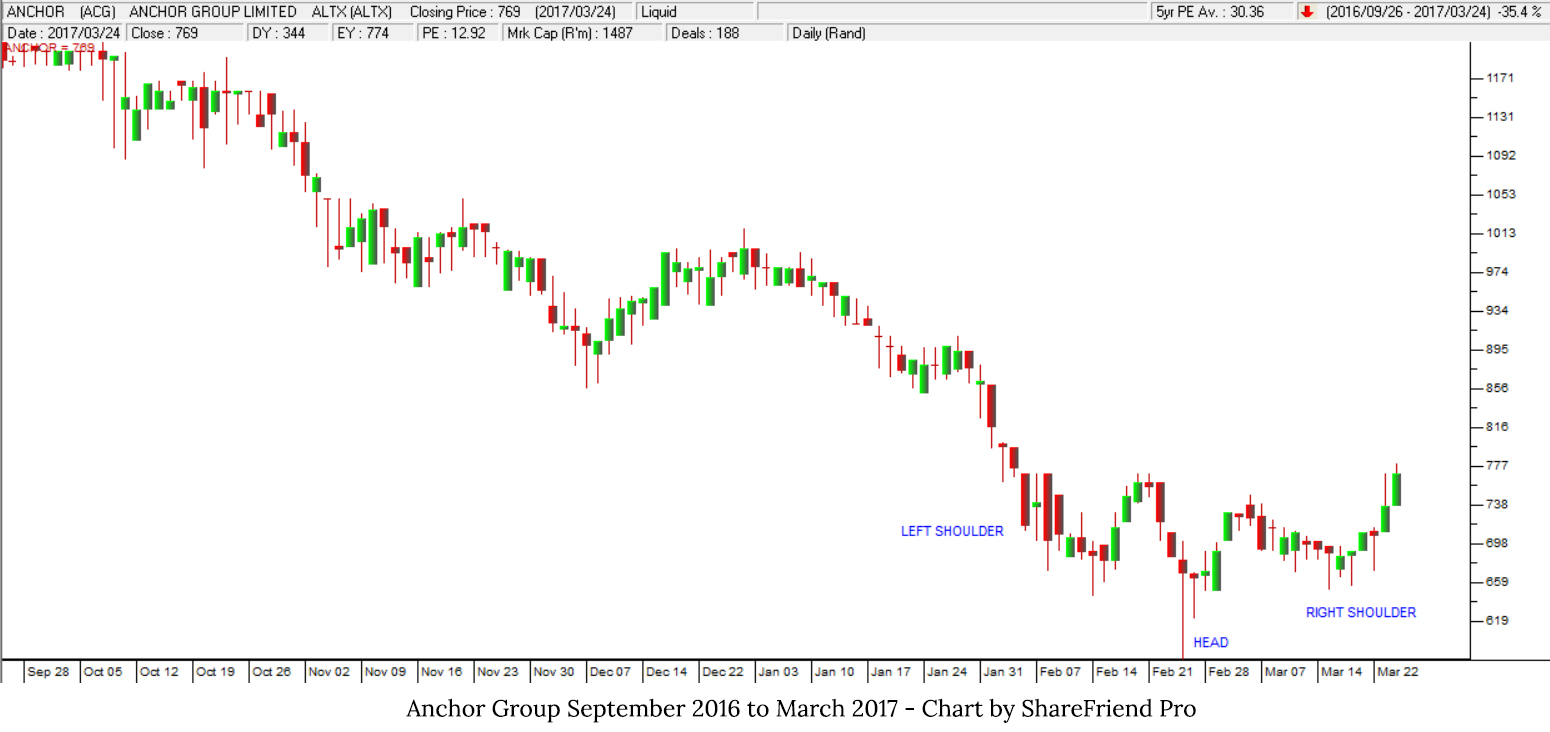Anchor Group
There are more and more signs that the South African economy is turning around, not least of which is the consistent strengthening of the rand against the dollar. Apparently, last year in September about 75% of analysts believed that South Africa would endure a ratings downgrade. This year that number has dropped to less than 20% - which shows a significant turn-around in sentiment towards this economy, especially by overseas investors.
As a private investor you should be asking yourself how you can exploit this good fortune. The key is to try to find a share which is under-valued, but which has substantial upside potential. We suggest that you consider Anchor. This is a small asset management company run by Peter Armitage which began 5 years ago in 2012. Armitage was born in a trailer park in Boksburg and spent his formative years living in a caravan. From those humble beginnings, he managed to qualify as a chartered accountant and has built a formidable reputation as an investment analyst. In our view, he has the hunger and the skills to grow this small asset management company into something that rivals Coronation. In the year to December 2016, Anchor increased headline earnings by 34% and assets under management by 35% to R45,9bn. We also like the chart which shows a classical reverse head-and-shoulders formation after a long downward trend:  The beauty of asset management companies is that when they become the flavour of the month, they can increase the amount which they manage very quickly without incurring significant increases in costs. In other words, it costs about the same to manage R46bn as it does to manage R500bn but the profits on R500bn are ten times as much. We believe that Anchor could easily be the next Coronation and this success should be compounded by rising local and overseas markets.
The beauty of asset management companies is that when they become the flavour of the month, they can increase the amount which they manage very quickly without incurring significant increases in costs. In other words, it costs about the same to manage R46bn as it does to manage R500bn but the profits on R500bn are ten times as much. We believe that Anchor could easily be the next Coronation and this success should be compounded by rising local and overseas markets.
← Back to Articles